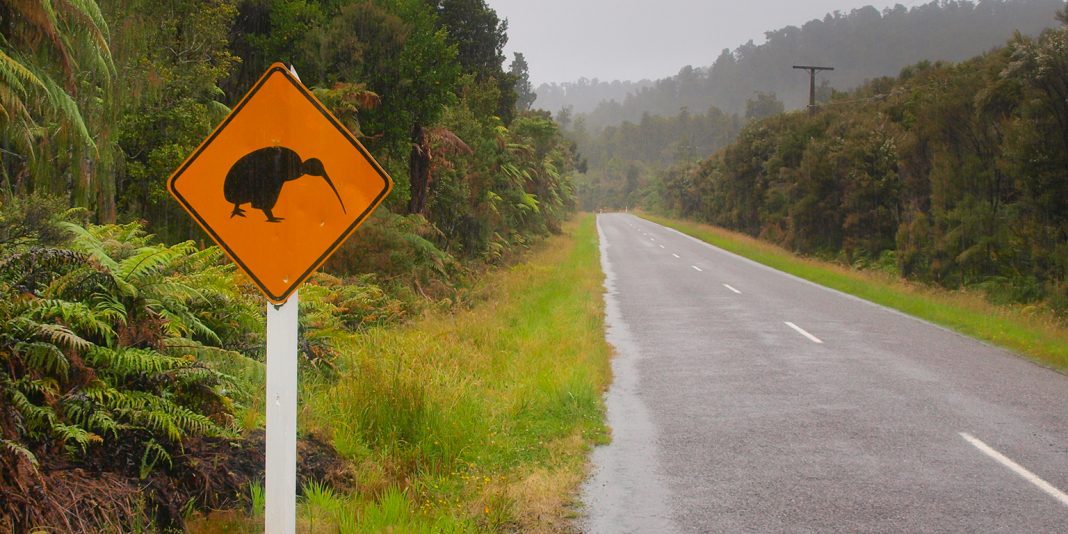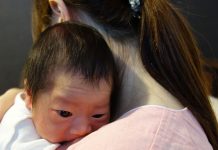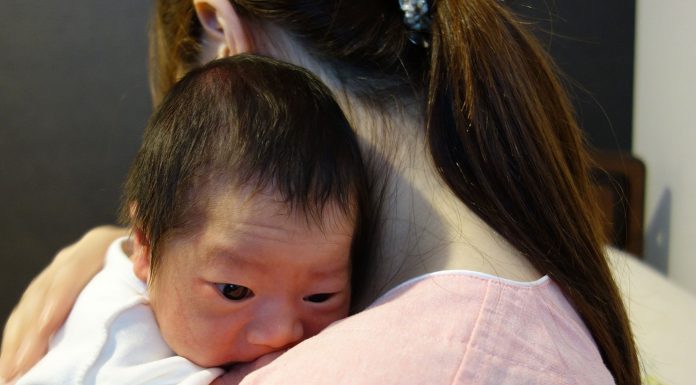Hughes is the first chief executive to be appointed from the Southern Hemisphere to the Geneva-based International Council of Nurses, which was founded in 1899 as a federation of national nursing associations.
She said what excited her about the position was the chance to be working for nurses – but this time at a global level.
Hughes has been Queensland’s Chief Nurse and Midwifery Officer since 2012 but was New Zealand Chief Nursing Advisor from 1996-2004 during which time she was involved in driving initiatives like nurse practitioners, nurse prescribing and the telenursing phone service Healthline. She was the first Professor of Nursing at the University of Auckland and has a visiting professorship at the University of Sydney and her nursing roles between chief nurse positions included facilitating the World Health Organisation’s Pacific Mental Health Network and hands-on mental health and disability nursing, which remains a strong passion.
“ICN is an iconic organisation and it is just as relevant today as it was 100 years ago,” said Hughes. But with ICN representing nursing organisations in some of the world’s poorest to richest nation she said this also brought some “amazing differences and challenges”.
“We need to make sure we are responsive to the membership but we also need to expand ICN to be able to influence wider networks, form wider partnerships and be seen as an organisation that needs to be at the tables where major healthcare decisions are made around the world.”
“We need to be involved at that level so we can ensure that we influence healthcare systems and the healthcare funding mechanisms; as that is what either makes or breaks nursing.
Memo Musa, chief executive of the New Zealand Nurses Organisation which has been a member of ICN since 1912, congratulated Hughes on her appointment. “It’s really great to have a New Zealand nurse leading ICN and taking a role on the world stage.”
“We believe she has the skill set to build on ICN strengths and also address some of the challenges that ICN faces,” said Musa. He added it was an exciting opportunity having a New Zealand nurse in a global role who would bring with her an understanding and knowledge of New Zealand nursing issues and innovations as well as Australia and the South Pacific. “I think it’s a great opportunity for us to offer influence.”
The news of Hughes appointment has also been welcomed by Dr Kathy Holloway, head of the nurse educator group NETS who said it was an “significant acknowledgement of Hughes strategic contribution to nursing” and by Heather Casey, former president of the New Zealand College of Mental Health Nurses, who said the news was ‘superb’ and the appointment was great for nursing.
Hughes believed being from a small nation like New Zealand, with strong connections to other small Pacific nations and neighbouring Australia, would bring a different view point to the Swiss-based organisation and having differing view points was healthy for an organisation.
She also said her experience of working in New Zealand, around the Pacific and in Australia had made her appreciate that no one person had the answers to the challenges facing health and nursing as that needed the collective wisdom of many. “And ICN has got outstanding collective wisdom within its membership countries. There’s a great deal of new opportunities and there are challenges,” said Hughes including ensuring the nursing voice was heard when developmental indicators for the developing world were set by multinational commissions and agencies.
“If nursing is not understood, if nursing education is not valued or if the evidence from the phenomenal amount of nursing research being done is not embraced in (healthcare and development) strategies…then we can miss out.”
She said nursing also had to ensure that the image of the profession was wider than just being seen as carers so nurses could deliver “absolute professional care” and be recognized as the “glue that keeps the healthcare system together”.
“We are the ones that are there 24/7, we are the primary health in communities where there is no other health care, we are the ones who look after the Ebola victims and we are the ones with evidence around how we can keep hospitals safe. We are also the ones who know about how to deliver services in a cost-effective manner. These are all the nuances of nursing that need to be more widely understood.”
Musa said one of the challenges facing the European-centric ICN was being able to demonstrate the value and benefits to small national nursing organisation members like NZNO in New Zealand and the even smaller organisations serving nurses in countries like Tonga, Samoa and the Solomons.
Hughes said she planned to return to New Zealand in late January and planned to meet and listen to the views of Musa and NZNO representatives before heading to Geneva in February to take up her new position.
Hughes added she was leaving nursing in Queensland in a ‘good space’ with massive investment pledged for nursing by Queensland’s new Labor Government including a commitment to employ up to an additional 1000 nurse graduates a year for the next four years and the phased-in introduction of mandated minimum nurse-to-patient ratios to get underway next year.
She also has a strong interest in post-disaster management and pastoral care triggered by being in Manhattan on a Harkness Fellowship during the 9/11 disaster which lead to her being commissioned by the World Health Organisation with an Australian colleague to write international guidelines for nurses on coping with post-disaster mental health issues. Coincidentally she was in New Jersey on a Fulbright scholarship studying post-disaster lessons when Hurricane Sandy hit the state.
Dr Judith Shamian, president of ICN said it was delighted Hughes had accepted the ICN role. “The Board is confident that with this appointment ICN has both the leadership and the staff to build on its existing strengths and enhance our efforts to meet ICN’s mission and commitment to have a strong nursing community to meet both global health challenges while partnering with key global and regional organisations.”






















